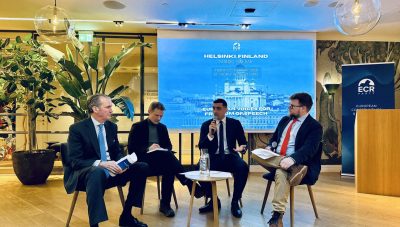Impact of Russian Propaganda in Estonia and Lithuania

In the twenty-first century, interest in propaganda and its impact has surged, especially in Europe and the transatlantic region, due to Russia’s global ambitions via military and non-military strategies. These non-military methods, like propaganda, are cost-effective and challenging to counter in democratic systems. Russia’s disinformation campaigns, particularly evident since the Ukraine war in 2014, aim to undermine targeted countries’ resistance and influence NATO decision-makers by portraying these nations negatively.
The Baltic states, especially Estonia and Lithuania, are notably vulnerable to Russian propaganda due to factors such as a significant East Slavic population, long-standing Russian influence, and prevalent Russian media consumption. While studies have highlighted Russian media’s messaging in these regions, the reasons for varying receptiveness remain unclear, raising questions about media exposure, demographic susceptibilities, and perceptions of government performance.
Estonia and Lithuania, despite similarities in size, economy, and Soviet history, differ in ethnic composition. Estonia has a substantial Russian minority (25%), whereas Lithuania is more ethnically homogeneous with Russians making up only 5% of the population, following the Polish minority.




